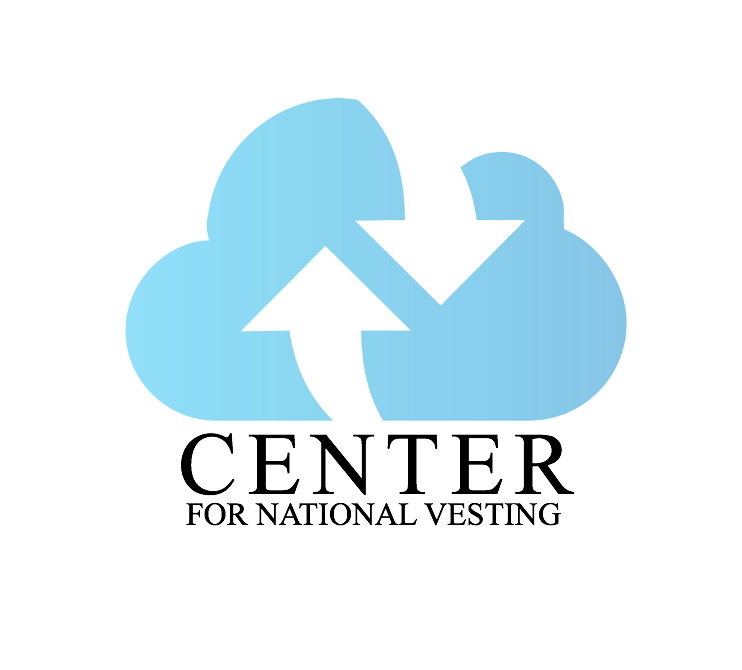Amid the highest inflation rate in 13 years, vested economics is a path forward
With summer looming and inflation rising, the Federal Reserve is scheduled to begin a two-day policy meeting on June 15 and 16 via its Federal Open Market Committee. Several things are on the table, including monetary policy matters and a question over what the federal funds rate will be.
The fed funds rate – or the rate that banks charge each other to borrow overnight – currently sits at .25 percent. Experts say that any change in the rate has economic implications that trickle down to consumers.
And consumers are already feeling the pinch. In our previous post, we noted that the consumer price index rose 4.2 percent in April. Well, it didn’t get any better in May as the CPI rose 5 percent from a year earlier, and inflation is now at its highest rate in 13 years. This means that consumers must spend 5 percent more than they did a year ago to buy items. That is not what we call moving in the right direction.
Despite all this potentially dark news, U.S. Treasury Secretary Janet Yellen is not overly concerned about the employment or inflation picture. At a recent Wall Street Journal CEO Council Summit, Yellen said that we will see full employment next year and a return to a more stable economy. “I expect all of this [economic challenges] to be transitory,” she said, shorthand for temporary, “and for the economy to get back on track.” She then added, “I don’t anticipate that inflation is going to be a problem.”
For starters, inflation is already a problem. Americans continue to spend more money to put food on the table, clothes on their backs, and fuel in their gas tanks. And while we want to share in Yellen’s optimism, why leave things to chance?
We believe that it’s critical for there to be a more secure way to handle the current economic scenario. And that’s where vested economics comes into play. By now, readers of this space know that Robert Whitehair, founder of the Center for National Vesting, has found, through his mathematical formulas, what he calls “a market surplus that now exceeds $15 trillion per year.”
This market surplus, which is produced by every American, is the key ingredient to national vesting. National vesting, in turn, is the key to transforming our economy and the lives of every single American – for the better. Under a vested economy, Whitehair said every U.S. citizen would receive $100,000 in cash and be able to live comfortably on a livable wage with affordable health care.
In this vested economy, it is possible to decrease the debt burden on individuals and businesses, which would stimulate retail sales. All of this would be welcome news at a time when continued rising inflation is concerning to Americans.

